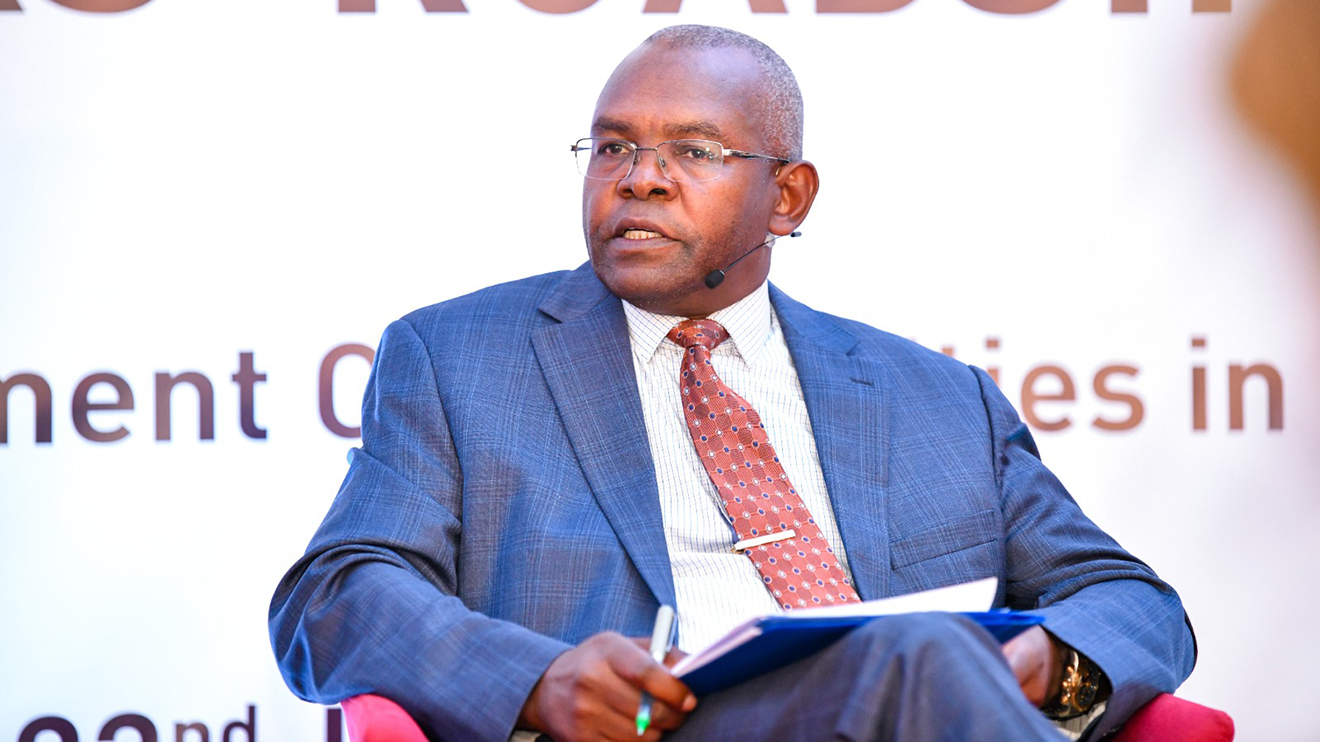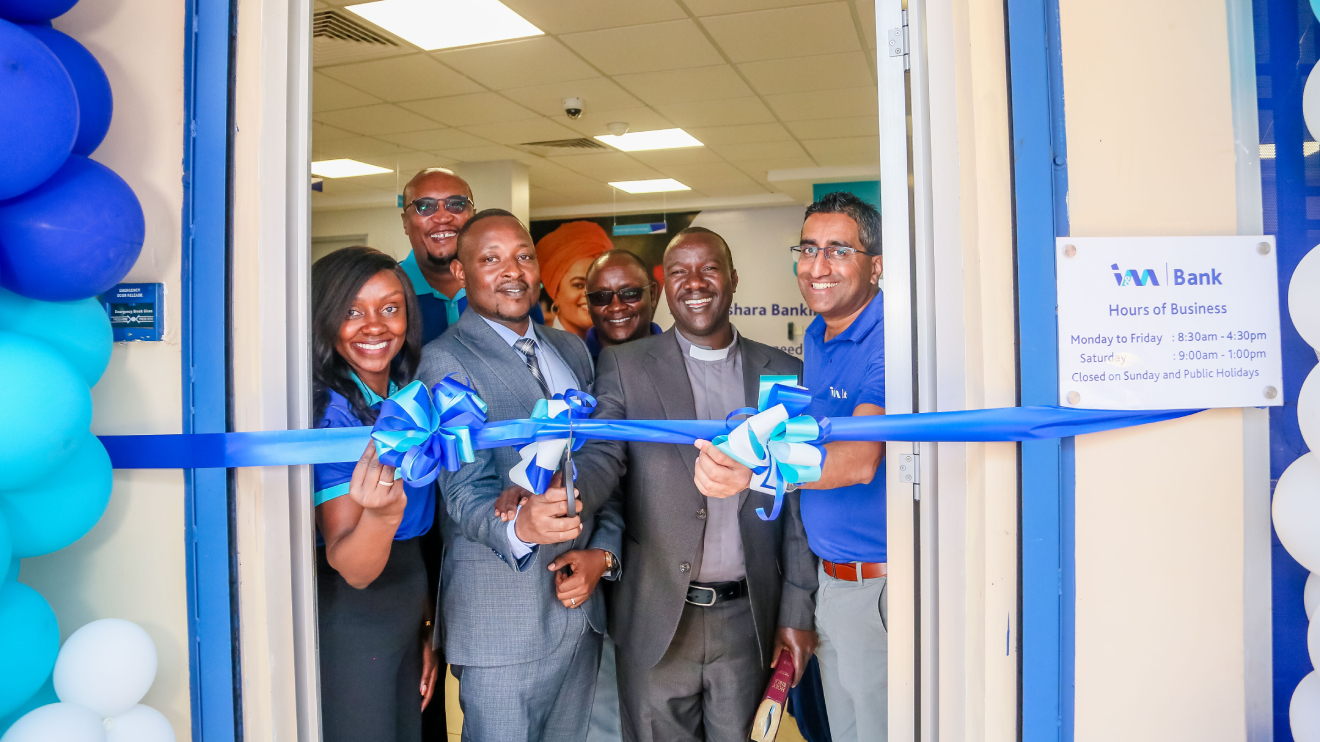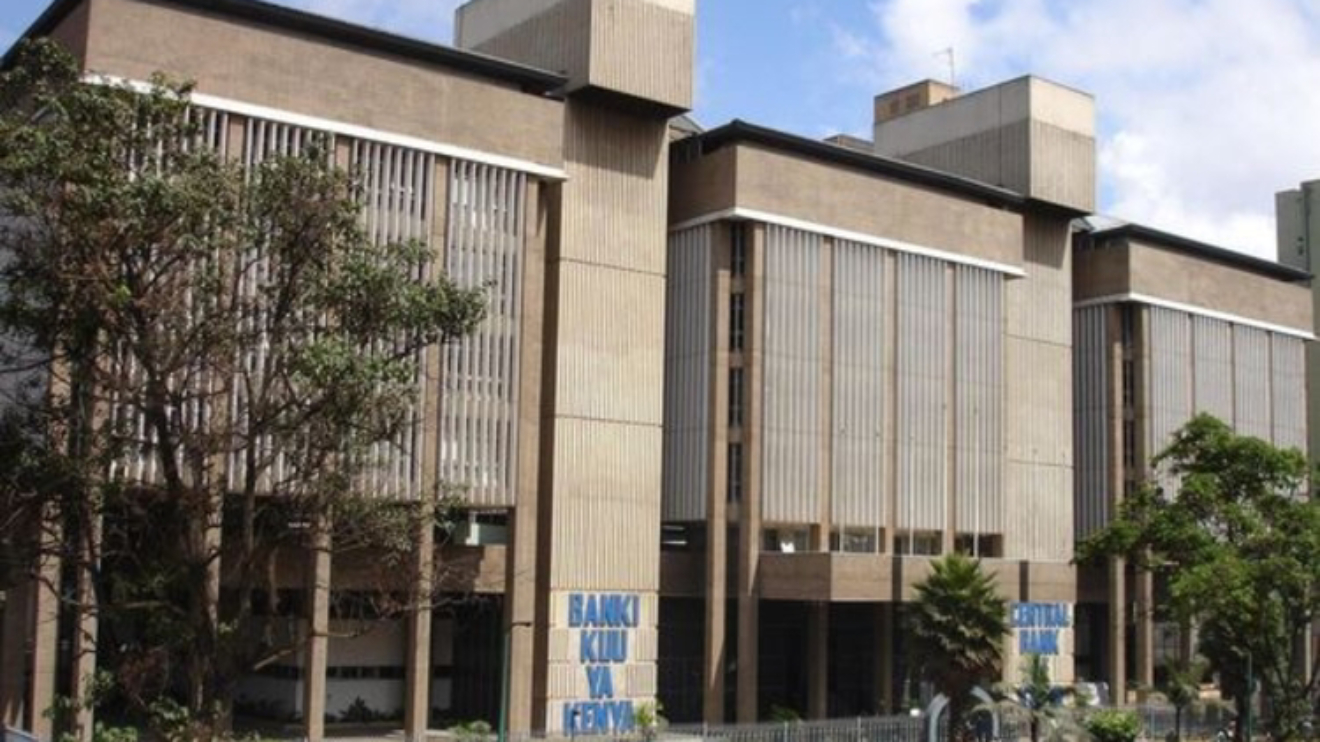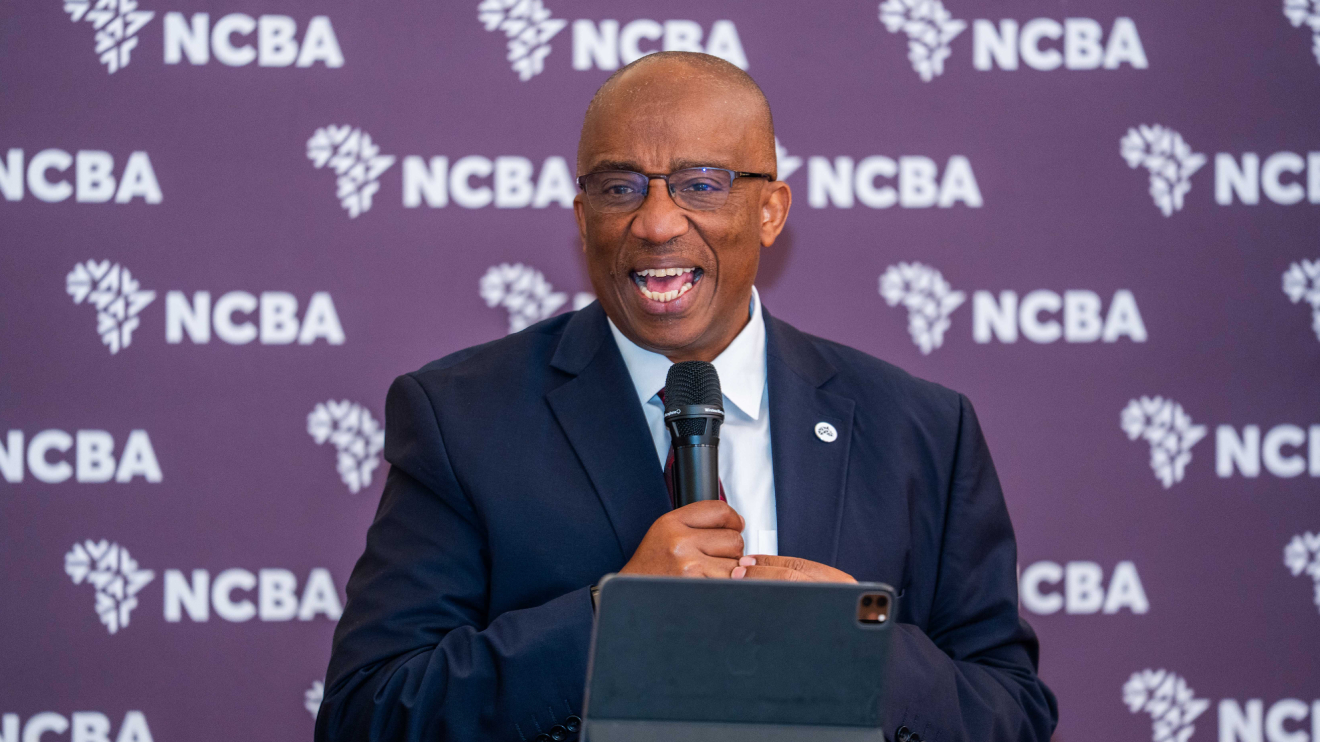Kenya may soon begin stockpiling gold as part of its foreign exchange reserve strategy, joining a growing number of countries seeking to shield their economies from currency shocks and geopolitical headwinds.
Central Bank of Kenya (CBK) Governor Kamau Thugge revealed that a feasibility study is currently underway to determine whether the country should boost its gold holdings.
Speaking during an interview with Bloomberg TV in Washington, where he was attending the International Monetary Fund and World Bank Spring Meetings, Thugge said a team had already been assigned to evaluate the proposal.
“We have basically a group that is looking at the feasibility of doing it and yes, that’s something that we’re actively considering,” Thugge said.
“I wouldn’t want to put a timeline to it.”
Read More
His comments, made during the International Monetary Fund and World Bank Spring Meetings, come at a time when global demand for gold is surging.
Central banks and investors alike have been buying up the metal in large volumes since early 2024, sending prices to record highs.
Much of this shift has been driven by efforts to diversify reserve portfolios away from the US dollar and as a hedge against potential sanctions.
At present, Kenya’s gold reserves are minimal. According to the central bank’s latest annual report, the country held gold worth Sh169 million by the end of June, equivalent to just 600 ounces.
These holdings are a fraction of what Kenya once possessed, having sold off most of its reserves in 1998, as documented by the International Monetary Fund.
The move to consider gold now signals a strategic recalibration of Kenya’s reserve management.
As many nations reposition their portfolios in response to dollar volatility, gold is once again gaining favour as a long-term store of value. Bullion-backed exchange-traded funds are also attracting renewed investor interest, adding to the metal’s momentum.
Kenya’s cautious but deliberate exploration of gold accumulation reflects not only shifting global financial dynamics but also the country’s desire to fortify its external buffers amid economic uncertainty.
Though no deadline has been set, the central bank’s active consideration marks a potential turning point in how the nation insulates itself from global currency risks.









-1757457290.jpg)